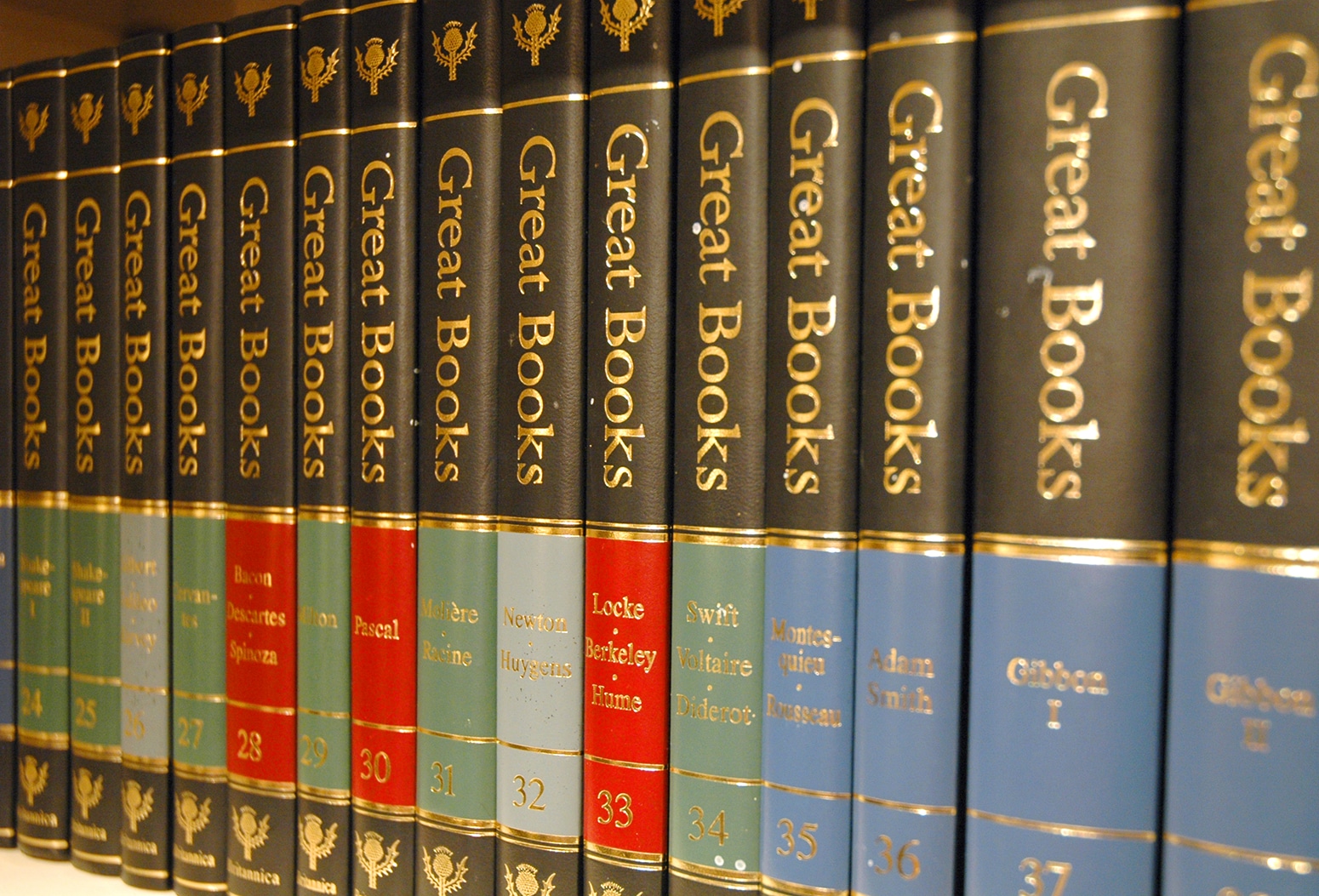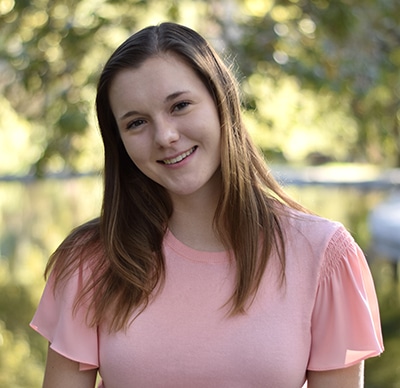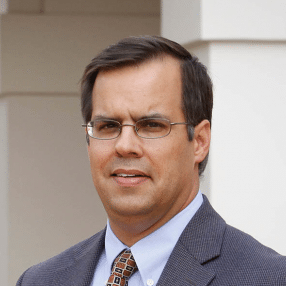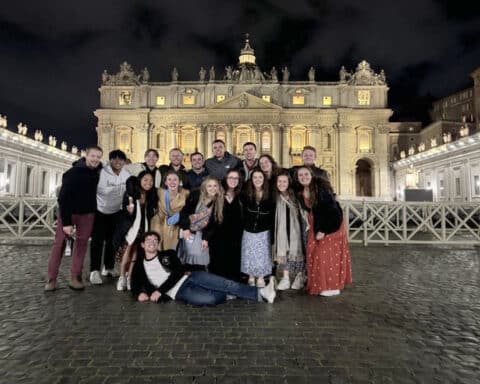There are different understandings of the purpose of a college education. For some, it is vocational preparation, instruction in how to perform a particular job. For others, it is more about setting a foundation for how to think, how to approach the world. At many Catholic colleges and universities, students study the “Great Books”, the patrimony of (mostly) western thought over the last several thousand years.
The “Great Books” is much more than a reading list, according to Michael Dominic Taylor, Teaching Fellow and Dean of Students at Thomas More College in Merrimack, New Hampshire. “To study the Great Books has as much to do with the culture and community within which one studies the great works of history as with the works themselves,” Taylor said. “If you authentically desire wisdom, you will humbly surround yourself with friends who share this desire and who allow themselves to be guided by it.”
Truth, beauty and goodness
The pursuit of truth, beauty, and goodness is best accomplished in a community sympathetic to those ends, Taylor said. “Without a community and culture that is actively pursuing Truth, Goodness, and Beauty, that study will do little to form one’s soul and enrich one’s life,” he said. The “dissolute and debauched culture” with which college has too often become associated is not conducive to such a pursuit. The community at Thomas More College is dedicated to an authentic witness to the truth.
One might ask: can’t more contemporary works have more to say to us than ancient texts? After all, Plato and Aquinas did not deal with our modern problems. More recent books are, in fact, read in Thomas More’s program. “They are read in their proper context, the context of the full splendor of the human tradition,” Taylor said. “Oftentimes contemporary works appear quite poorly in that light, and yet there are also many that are very much in tune with and expand upon the tradition that preceded it.” Furthermore, the questions addressed by the Great Books are perennial and eternal questions, questions that humanity has always been most profoundly concerned with.
“The Great Books are like beautiful architecture, whether it be an old stone cottage or a cathedral,” Taylor said. “They are not loved because they are old but they have grown old because they have always been cherished, preserved, and loved.”

Building community
Thomas More College cultivates the kind of community to make the most out of a Great Books program, according to Taylor. Rigorous academic expectations combine with a small, simple, and rustic community life, with an appreciation of and desire for the pursuit of authentic truth.
The integrated curriculum at Thomas More speaks to the universality of the questions such a program aims to answer. “The disciplines were never meant to be severed from each other,” Taylor said. “Anyone who claims that poetry has nothing to do with mathematics knows very little about either. A true Great Books curriculum teaches students that the disciplines are different ways to study the one reality, the one Cosmos we have been given. We do not study different things but one thing by many different means.”
Read more Fall Catholic college articles here.
“In a small community like TMC’s, you are known, loved, and challenged–but so is everyone else,” Taylor said. “One can certainly pursue Truth on one’s own, or with just one thoughtful friend, but I think what college-age students need today is a full community in which they can experience the value of the particularity of a people, a place, and a time that will never exist in the same way again.”
Rome experience
At Thomas More College, each students spends the spring semester of sophomore year at the Rome campus. “Living and breathing the Eternal City as a pilgrim is fundamental for understanding what it means to be a member of the Body of the Catholic Church,” Taylor said, and this is something that sets Thomas More’s program apart.
Liam Beecher, a junior at Thomas More College, knew in high school that he did not want to study a specialized field, but wanted “an eternally significant education which would form me as a person in a spiritually and intellectually uplifting environment.” The liberal approach to education through the Great Books is communicated by the professors, who help students “come to view all subjects with a keen vision for the truth.”
At home in a tradition
Claire Thomas is a senior at Thomas Aquinas College, where all students major in Liberal Arts, reading the great works as the core of their curriculum. Whether the class is theology, philosophy, mathematics, natural science, language, or music, it is the great books that form the heart of their study.

“I choose to study the Great Books because I want to understand the world around me and my place in it,” Thomas said. “These texts show us how we know what we know. We can only know where we are by knowing where we came from.” She was specifically drawn to Thomas Aquinas College’s program because of its discussion-based classes and integrated curriculum. “TAC’s discussion method allows students to wrestle with theological, philosophical, and scientific questions on their own terms. At TAC, I am constantly challenged to understand the arguments made by great authors and then apply their conclusions, so my classes are never boring.”
The Great Books do not exist each in a vacuum, but in a continuum and progression of thought. “The great minds don’t all agree about how to answer the fundamental questions about the world, about ourselves, and about God,” said John Goyette, Tutor and Senior Advancement Officer at Thomas Aquinas College. “But they do, in a sense, speak to one another through the Great Books, forming a great conversation. The best education consists in listening in on this great conversation, and also taking part in it.”

Students at Thomas Aquinas “seek the truth by reading the Great Books and thinking about the perennial questions,” Goyette said. “By focusing on fundamental questions and unchanging principles, our students begin to free themselves from the slavish acceptance of contemporary opinions and the latest woke fads.”
The principles of a liberal education go beyond a simple review of old books which have stood the test of time, according to Goyette. “A truly liberal education is one pursued under the light of faith since we can only overcome the darkness of original sin, and escape from sin and death, with the light of faith and the grace of Christ.”





